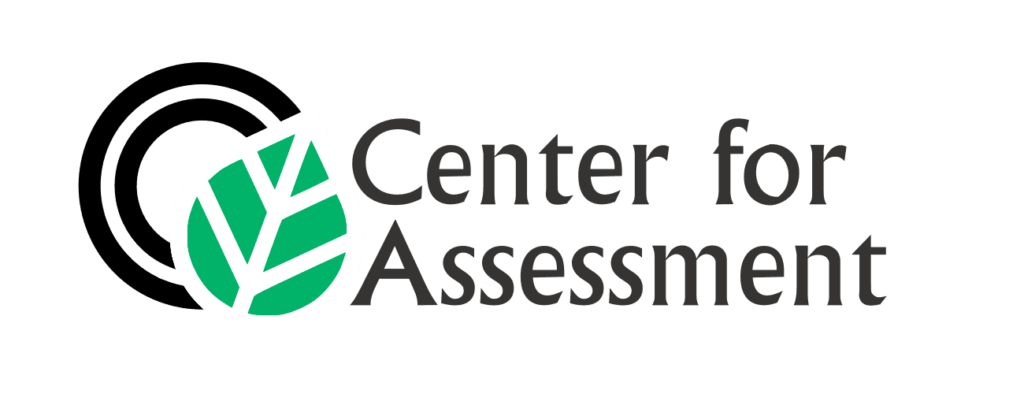News & Announcements
Community Engagement Initiative
As the Community Engagement Initiative enters its 4th year, we are excited to announce that our community of participating districts is growing from 17 to 46; representing the entire geography of the state, as well as county offices of education, charter schools, and rural single-school districts. Follow the CEI on Twitter for upcoming introductions to these new partners in our work.
In Case You Missed It
System of Support Updates (June & July 2022)
Friday 5 – Parent Resources to Promote Summer Learning at Home (7/8/22)
July Resources
Microlearning Modules
CCEE is partnering with content experts and experienced educators to develop “microlearning modules” — short videos sharing and explaining concepts, tools, and resources to support substitute teachers, paraeducators, and other instructional staff in the classroom.
Universal Design for Learning for School and District Leaders
Developed in partnership with the San Joaquin County Office of Education, this learning path provides a 30,000 ft. view of Universal Design for Learning (UDL) – the why, the what, and the how to begin planning for and implementing UDL — with guidance for beginning your UDL journey as a school or district.
Assessment for Learning to Support Student Achievement
Developed in partnership with Validity Partners, this learning path introduces the “Formative Assessment (FA) Moves” framework to help teachers and students recognize, evaluate, and use “soft data” that emerges during and across a set of lessons.
It offers practical tips and tools, including video-based examples, worksheets, and templates to help users make progress — minute by minute, day by day — with assessment for learning practices rooted in research.
About the I3 Center
The Innovation, Instruction, and Impact (I3) Center implements a statewide approach to improving LEA capacity by collaboratively developing, delivering, sharing, and spotlighting practices that have demonstrated the power to improve outcomes for students.
About the CCEE
The California Collaborative for Educational Excellence is a statewide leader delivering on California’s promise of a quality, equitable education for every student.
Executive Director’s Corner
By Matt J. Navo, Executive Director, CCEE

We all have something in common as educators — we want our schools to improve and innovate. Sometimes we differ on what schools should improve and innovate about. But at the end of the day, if we are not focused on improving and innovating on behalf of improved learning outcomes for all students, we might be missing the boat.
The Innovation, Instruction, and Impact (I3) Center is designed to do just that. Its focus is to support improvement and innovation for LEAs to accomplish the goals they set in the Local Control Accountability Plans (LCAP). The I3 Center also provides innovative ways to help support LEAs with challenging problems.
Below you will read about the Research-Practice Partnerships (RPPs) that are available for LEAs to support innovation and improvement, as well as the “microlearning modules” initiative, which is an innovative way to help bridge the gap between necessary knowledge for teaching and learning.
Sincerely,
Matt J. Navo
Executive Director, CCEE
Collaborative Learning From LEA Innovations Through Research-Practice Partnerships
By Italo Ciccarelli, Program Specialist, CCEE

The focus of CCEE’s Innovation, Instruction, and Impact (I3) Center is in using a statewide approach to collaboratively developing, delivering, sharing, and spotlighting practices that have demonstrated the power to improve outcomes for students.
Applying lessons learned and best practices from our previous learning network initiatives, CCEE’s Research-Practice Partnership (RPP) establishes collaborative agreements between local educational agencies (LEAs) and CCEE to support the initial implementation of an early-stage project, program, or initiative that aims to improve student outcomes. Areas of focus for proposed programs or projects can include any of the State priorities as outlined in the LEA’s Local Control and Accountability Plans (LCAPs) as long as they have the explicit goal of improving student academic performance, engagement, or social-emotional well-being. This initiative will focus on the application of continuous improvement and research processes to examine formative outcomes and support informed decision-making in the early stages of systems change.
Interested LEAs can download the RPP application on CCEE’s website. Questions can be directed to Italo Ciccarelli at [email protected].
Frequently Asked Questions
Currently, there is no application cycle or an established deadline to apply for the RPP. Applications will be reviewed in the order they are received. CCEE will work directly with applicants LEAs to communicate on application decisions and next steps.
The review process and the award of the funding will depend on the details specified in the application. There are many factors that will determine the timing of the approval and awarding decision. CCEE will review each application in the order in which it was received and will work in a manner to communicate with applicants on the status of the application.
We anticipate that a typical short-cycle project may receive funding ranging from $20,000 to $50,000. CCEE reserves the right to consider and accept proposed projects for varying timeframes and amounts based on its review of the LEA’s application pursuant to the criteria specified.
At this time, CCEE has not set a specific number of LEAs that will be identified for a Partnership. Applications will be reviewed in the order they are received. CCEE will communicate any changes to the procedure and updates on the RPP webpage.
Currently, there is no limit to the number of applications an LEA can submit. However, it is recommended to follow the application guidelines to ensure the projects follow the specified parameters in order to be approved and receive available funding. CCEE reserves the right to consider and accept proposed projects for varying timeframes and amounts based on its review of the LEA’s application pursuant to the criteria specified.
Tips and Tools at Your Fingertips: Microlearning Resources by Educators for Educators
By Sujie Shin, Deputy Executive Director, CCEE

The Innovation, Instruction, and Impact (I3) Center is excited to announce the launch of our microlearning modules, brief 5-8 minute video learning tools designed to support substitute teachers, paraeducators, and other instructional staff who may not have access to more robust professional learning opportunities. These modules showcase master teachers from across the state, sharing immediately applicable tips, strategies, and tools in a brief video with downloadable handouts, instructions, and other supplemental materials and resources.
CCEE has partnered with the California Subject Matter Projects (CSMP) and master teachers from each of the nine projects in the CSMP network to develop microlearning modules that provide quick tips, tools, and guidance in the key areas of classroom management, instruction, assessment, and social-emotional well-being. Learn more about our partnership and access the resources developed with the subject matter teams on our CSMP microlearning modules collection page.

Partner Spotlight
Accelerating Student Learning with Formative Assessment Practices
CCEE is also proud to continue partnering with innovative, equity-minded leaders in the assessment and accountability space, like the Center for Assessment.
The Center for Assessment, in conjunction with CCEE, has developed microlearning courses aimed at introducing formative assessment processes. These microlearning courses provide new and aspiring educators with the knowledge and skills necessary for gathering information about what students know and can do so that instructional decisions support and accelerate student learning. These micro-courses can also provide experienced educators, instructional coaches, and administrators an opportunity to reflect on formative assessment practices used throughout all classrooms.
Learn more about our partnership with the Center for Assessment and access all the modules on this webpage.
